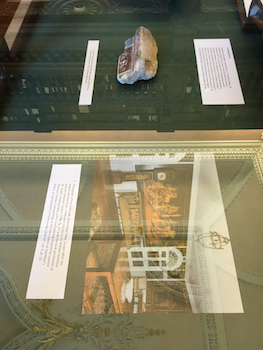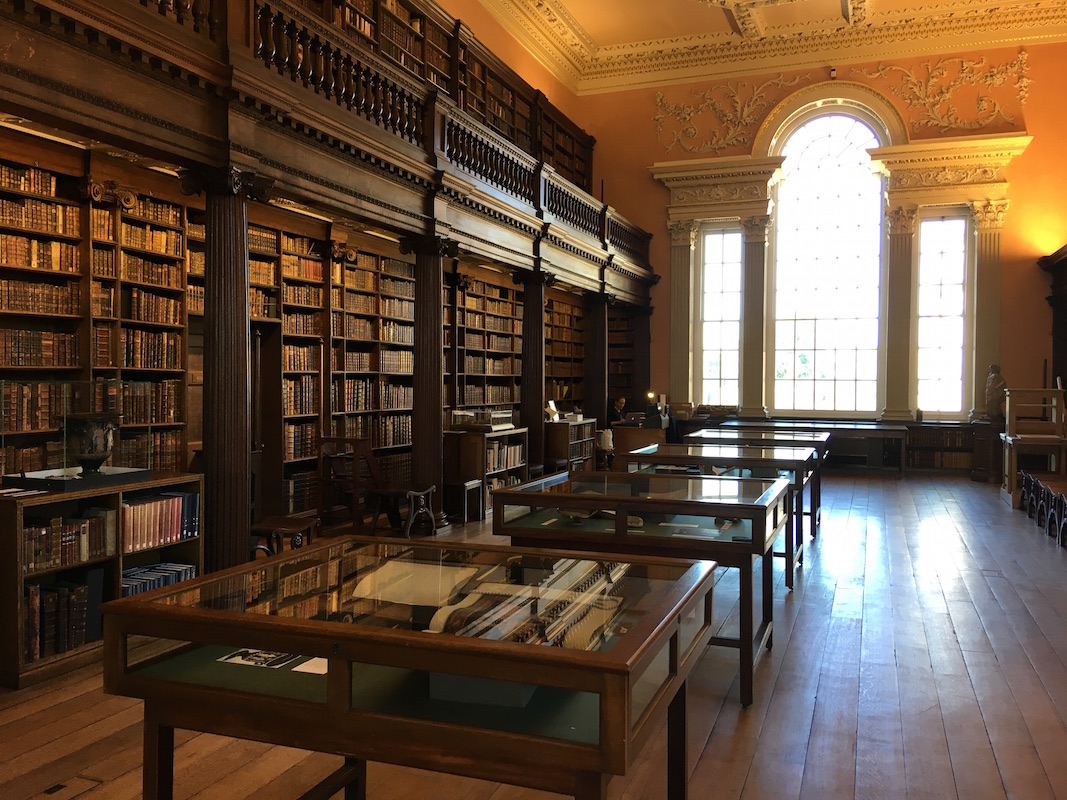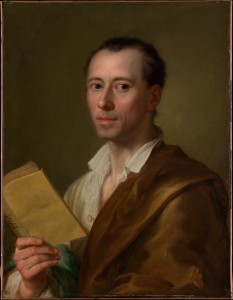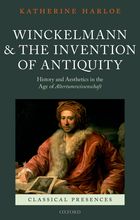Author: Prof. Barbara Goff
Date: 18 October 2021

Reading Classics celebrate Black History Month with a visit from Shivaike Shah, co-creator and producer of the first global majority Medea produced by students at the University of Oxford, in 2018. This interactive event will be delivered online via MS Teams on 27th October at 2pm. Do join us in this talk to discuss the aims, challenges and successes of such an adaptation of one of the most famous Classical Greek tragedies. To register your interest to attend, please write to us at hod-classics@reading.ac.uk or visit our Facebook event page: https://fb.me/e/27eXLAIL2.
Please keep an eye on our social media and the event page as we shall circulate a joining link there closer to the date. You can also find more information about the event on our Facebook event page and social media.
All welcome!
In the run-up to this exciting event, here are some resources to get you thinking about some related issues.

- Listen to our former colleague Professor Katherine Harloe on Detoxifying the Classics. Why are white nationalists and the far right so fond of Ancient Greece and Rome? Katherine looks at the ways in which the classical world is both used to lend respectability to the politics of hate, and distorted to give the false impression that it was an all-white space. Katherine was Professor of Classics at the University of Reading until the 1st October 2021, when she left to become Director of the Institute of Classical Studies in London. Go Katherine!
- Listen to the many fascinating lockdown talks on the Everyday Orientalism site. This site, cofounded by our colleague Professor Rachel Mairs, seeks to offer a platform through which students, academics, and citizens can reflect on how history and power shape the way in which human societies define themselves through the “Other”. Talks and other posts often focus on classical antiquity, ancient Egypt, and the ancient Near East, as well as looking at how those societies have been interpreted and reinterpreted by modern Western culture.
- Check into the podcasts by Khameleon Classics, the team who will be talking about the all-BAME Medea later on this month. Podcast no.4 is by our colleague Professor Barbara Goff, talking about classics in the British colonies of West Africa.
In addition, on 25th October, Prof. Goff will be part of an interview with Femi Osofisan about his new production of Medaye, an adaptation of Medea. The interview will also include Prof. Olakunbi Olasope of the Department of Classics at the University of Ibadan, who has visited Reading Classics a few times and given seminars on the reception of Greek and Roman theatre in West African drama. The interview will be available via the Archive for Performances of Greek and Roman Drama in November. Stay tuned for a link to listen to this exciting interview!
Shivake Shah’s presentation, which will be delivered online on Wednesday 27th October at 2pm, comes as a culmination in the long devotion of Reading Classics in contributing to research approaches revolving around decolonisation, inclusivity, and diversity in Classics. To find out more about Medaye, its preparation, production, performance, and social engagement, you can read the following blog on Femi Osofisan’s Medaye in Ibadan by Olakunbi Olasope: https://classicalreception.org/african-blog-takeover-9/ .
A recent testament for our contribution to research and public engagement in plurality and diversity in Classics is the Inclusive Classics Initiative, led by Professor Barbara Goff (University of Reading) and Dr Alexia Petsalis-Diomidis (University of St Andrews). Over two days the workshop covered a range of subjects: barriers to inclusivity, current projects and approaches aimed at making Classics more inclusive, and priorities for future work. Bringing together multiple perspectives within the discipline, including Classics in higher education and secondary schools, the workshop provided space for discussion about marginalised groups, both during antiquity and as experienced in the subject today. Among other topics, the final panel of the workshop was a conversation among Professor Kunbi Olasope, Dr Idowu Alade, and Dr Monica Aneni from the University of Ibadan, whose discussion focussed on recent increase in Classics admissions in the university in Nigeria as well as on the significance of Classical education in pursuing a variety of careers. Read more about their latest online, international workshop ‘Towards a More Inclusive Classics II’ in our blog post about it at t.ly/8YLj.
To find out more on the long-standing commitment of Reading Classics in promoting inclusivity, diversity, and decolonisation in Classics, visit https://www.reading.ac.uk/classics/.
We look forward to seeing you all in this exciting BHM event on 27th October 2021.
Follow Reading Classics on social media for the latest news on Reading Classics and our events:
Twitter: @UniRdg_Classics
Facebook: @UoRClassics
Instagram: @classicsuor
YouTube: UnivRdgClassics






 Mairs, Rachel (Ed.) 2021. The Graeco-Bactrian and Indo-Greek World. Routledge.
Mairs, Rachel (Ed.) 2021. The Graeco-Bactrian and Indo-Greek World. Routledge.
 Marzano, Annalisa. 2021. Caesar’s triumphal banquet of 46 BC: A Hypothesis on its Political Significance on the Basis of a Recent Epigraphic Discovery from Pompeii in: politica antica 10: 99-107.
Marzano, Annalisa. 2021. Caesar’s triumphal banquet of 46 BC: A Hypothesis on its Political Significance on the Basis of a Recent Epigraphic Discovery from Pompeii in: politica antica 10: 99-107. Finglass, P.J., Kelly, A. (Eds.) 2021. The Cambridge Companion to Sappho. Cambridge University Press. With chapters by Harloe, K, Goff, B.
Finglass, P.J., Kelly, A. (Eds.) 2021. The Cambridge Companion to Sappho. Cambridge University Press. With chapters by Harloe, K, Goff, B.













